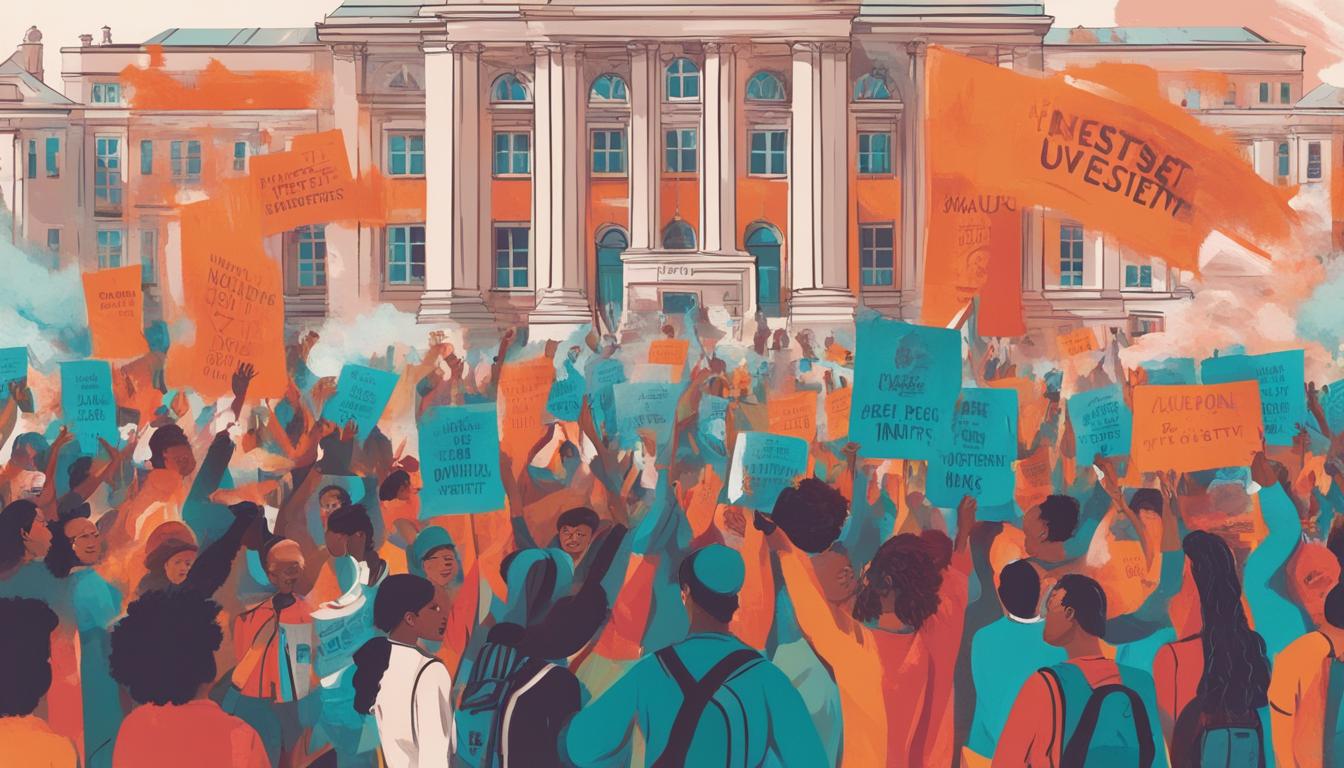Columbia University faces a standoff with student protesters over Gaza, while other universities confront issues ranging from disability support disparities to ethical concerns with donor associations.
At Columbia University, President Nemat Minouche Shafik has reported a deadlock in discussions with pro-Palestinian student protesters who set up an encampment to protest Israel’s actions in Gaza. The university’s stance is clear against divesting from assets related to Israel’s military, though it has proposed an alternative investment in Gaza’s health and education sectors and increased transparency in its own investments. The students, however, continue to demand divestment, financial transparency, and amnesty for participants, refusing to dismantle the encampment despite threats of suspension.
Meanwhile, recent findings in Australia have highlighted significant disparities in government support funding between wealthy fee-paying schools and public schools for children with disabilities. This issue has triggered a nationwide focus on the need for reforms within the education system to better support students with disabilities, such as ADHD and autism.
In the US, following an incident of police brutality at Columbia University, a larger anti-war movement among university students has gained momentum. Over 100 students were arrested, leading to intensified protests across the country with demands focusing on a ceasefire in Gaza and divestment from Israel.
In related news, Portland State University in Oregon has paused receiving donations from Boeing, a major regional employer and weapons manufacturer, following student protests. The students have been vocal about ending the university’s association with Boeing, driven by concerns over the company’s involvement in the Gaza conflict and its recruitment practices.
These events collectively underscore a period of significant activism at academic institutions in the US, with students pushing for changes in university policies and broader societal issues.













